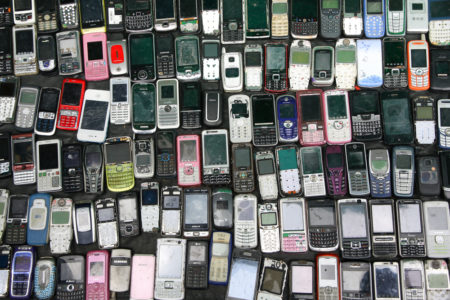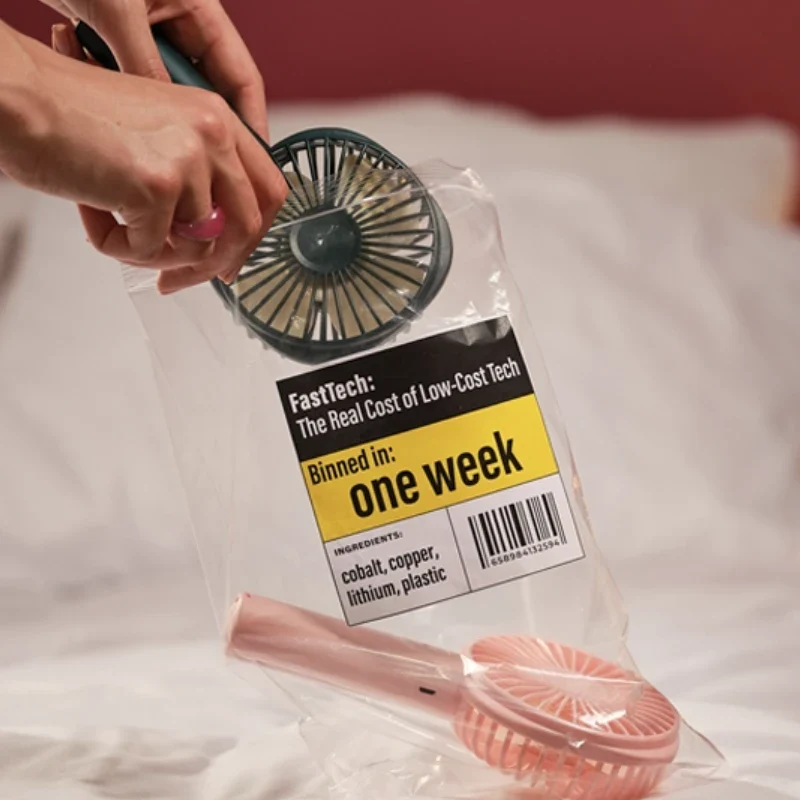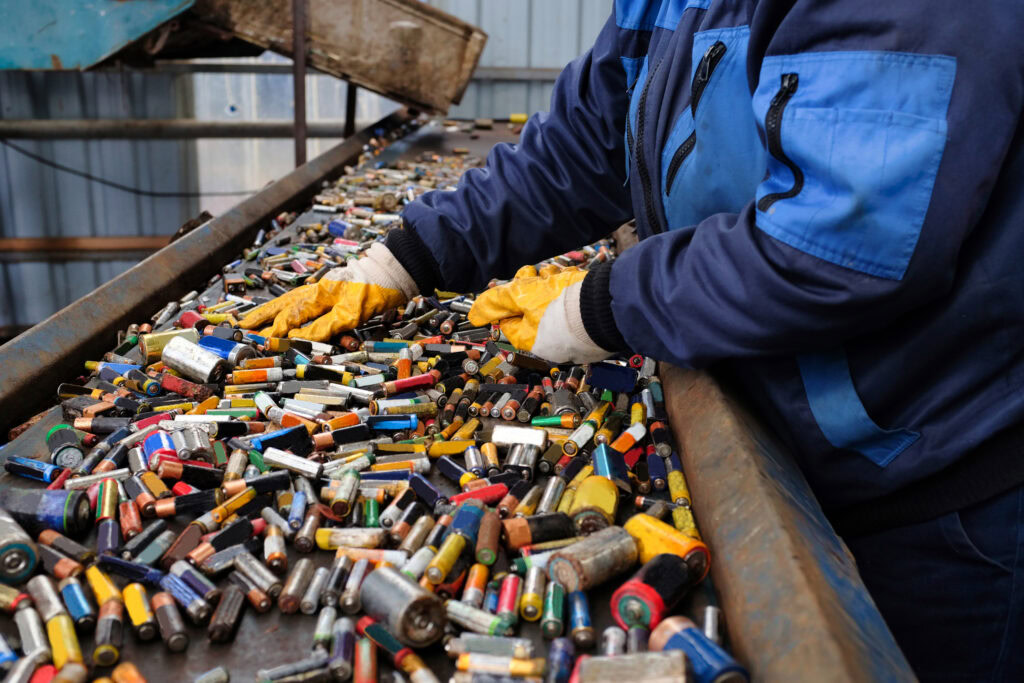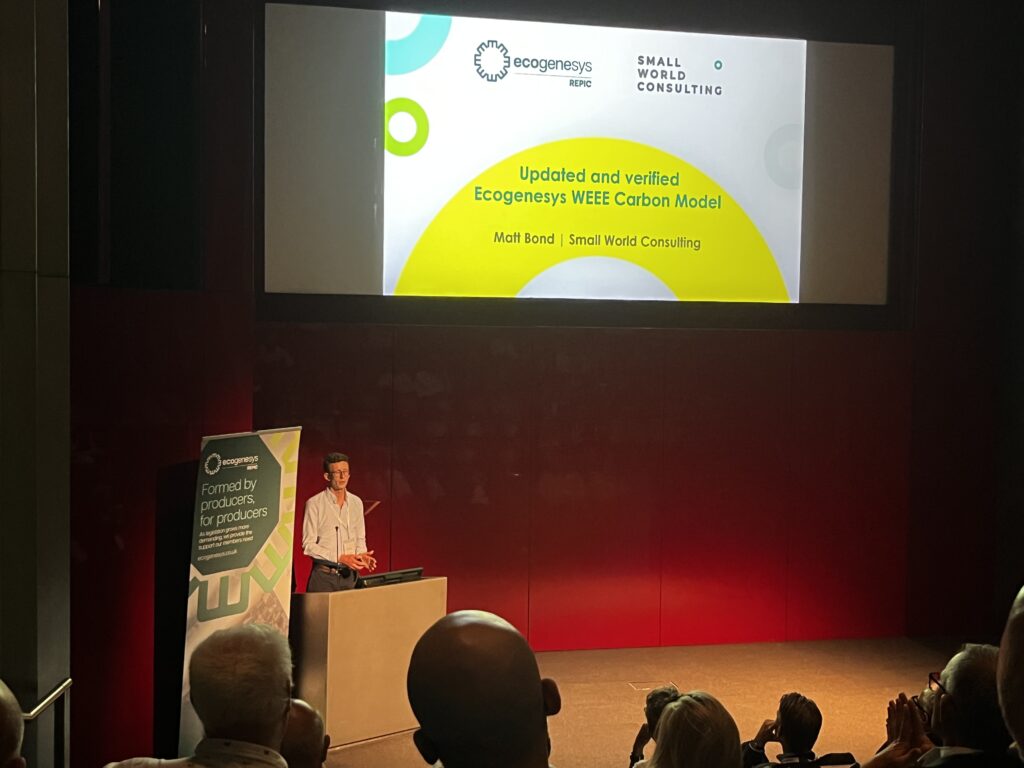And, according to the organisation, this apparent growing second-hand stream could “help explain why the sales of a new product does not always result in an old product appearing in collected WEEE”.

Respondents to the survey, which questioned 1,000 members of the public, noted that when deciding what to do with old electrical items, 37% said the condition of the item is the most important, while 9% say the personal data security would influence what they do with old electricals.
Data
According to Repic the findings from the survey highlights the crucial need for “better data capture” on both EEE- Electrical and Electronic Equipment – and WEEE – Waste Electrical and electronic equipment – flows outside of the reported compliance scheme system.
Commenting on the release of the survey, Mark Burrows-Smith, Repic’s chief executive, said the responses show that the industry needs to be responsive to technology and habitual changes.
“Understanding the channels where the ‘hands-on’ of EEE is occurring after its first use is an important issue. Being able to do so helps us to paint a clearer picture of the use phase of EEE, before it arrives at recycling centres,” he explained.
Mr Burrows-Smith added: “This intelligence helps to further inform recycling targets based on new EEE sales, and how we can work together to encourage positive environmental behaviour while cracking down on illegitimate activity and bad practices.”
Second-life
“Understanding the channels where the ‘hands-on’ of EEE is occurring after its first use is an important issue. Being able to do so helps us to paint a clearer picture of the use phase of EEE, before it arrives at recycling centres.”
Mark Burrows-Smith
Repic
Repic added that there are now “many other alternative routes” for unwanted electricals, such as those donated to charity shops, sold at car boot sales or passed between family members.
It noted that whilst finding a legitimate second, third, or multiple life for unwanted electrical items should be encouraged, this information is not currently captured or reported in the official data as WEEE.
Mr Burrows-Smith added: “The findings show us that there is much left to do in building meaningful strategies for better data capture.
“Ultimately, the targets still need to be met, therefore, we must come up with ways of meeting them. And the starting point is through gaining greater intelligence.”









Subscribe for free